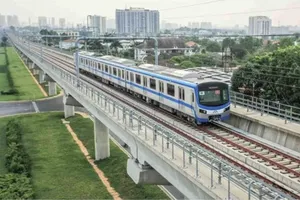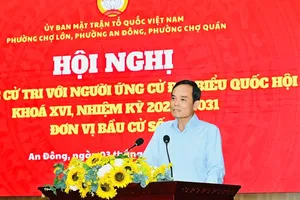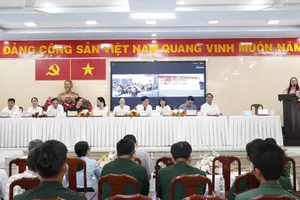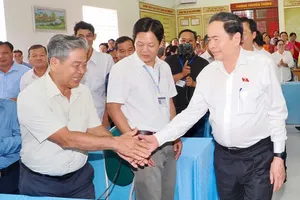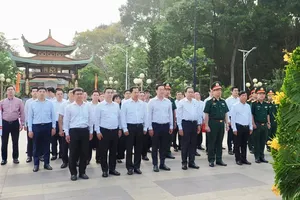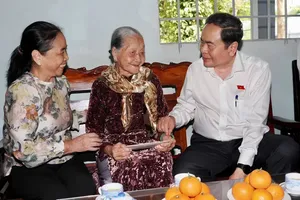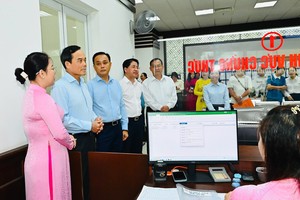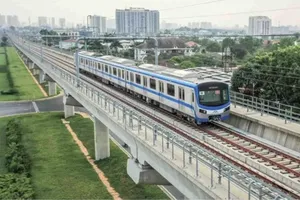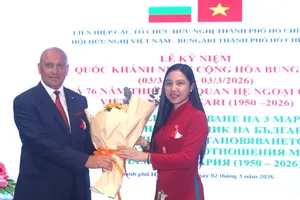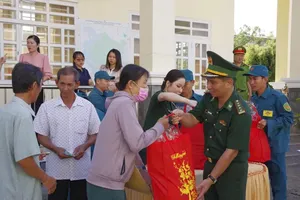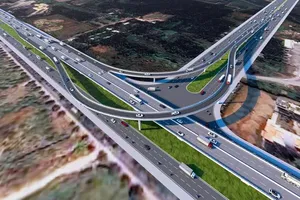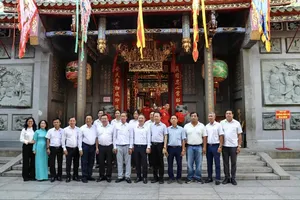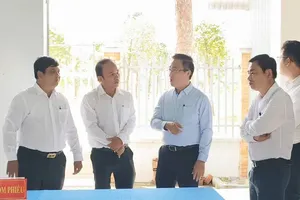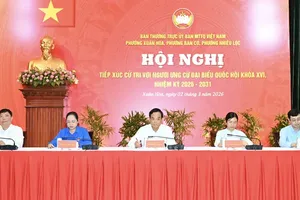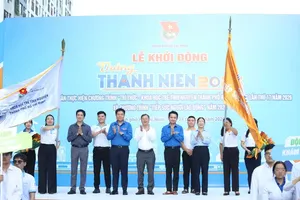
Vice Chairman of the Ho Chi Minh City People’s Committee, Bui Minh Thanh, remarked that the business trip provided an opportunity for the delegation to study sustainable development models in Japan. Of particular interest to the delegation were Shiga Prefecture’s water resource management policies and urban wastewater treatment models.
As part of their mission in Japan on the afternoon of September 26 (local time), the Ho Chi Minh City delegation led by Vice Chairman of the municipal People’s Committee Bui Minh Thanh visited the Ohmi Environmental Plaza, a research and education center focused on water environment conservation operated by the Ohmi Environmental Conservation Foundation. They also toured the Konan-Chubu Wastewater Treatment Plant, which is part of the drainage system for the Lake Biwa basin in Shiga Prefecture.
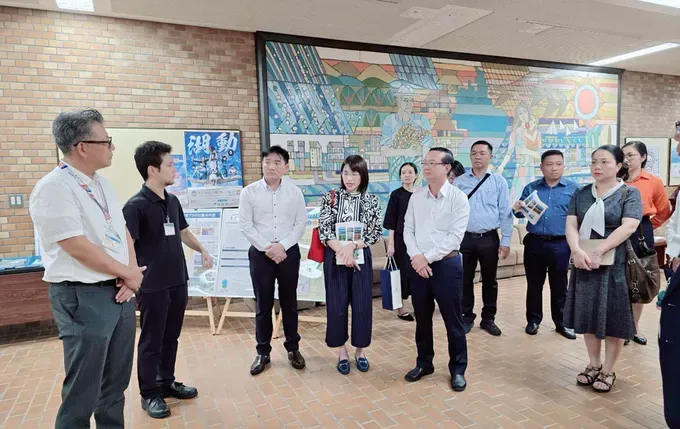
Speaking at the visit, Mr. Bui Minh Thanh expressed sincere gratitude to the plant management for organizing such a meaningful site visit and survey.
The Vice Chairman of the Ho Chi Minh City People’s Committee remarked that the business trip provided an opportunity for the delegation to study sustainable development models in Japan. Of particular interest to the delegation were Shiga Prefecture’s water resource management policies and urban wastewater treatment models.
Mr. Bui Minh Thanh also noted that Ho Chi Minh City is entering a new phase of development, with a population of approximately 14 million and an area exceeding 6,700 square kilometers following its administrative boundary expansion. Amid rapid urbanization, the city faces numerous challenges in technical infrastructure, particularly in sustainable urban wastewater collection, treatment, and water resource management.
In this context, the city places great importance on learning from advanced technologies and experiences in domestic wastewater treatment, water reuse, and integrated water resource management. Pioneering models from Japan, including those in Shiga Prefecture, serve as valuable references.
During the meeting, Vice Chairman of the Ho Chi Minh City People’s Committee, Bui Minh Thanh, requested that the Ohmi Environmental Plaza assist the city in developing plans to enhance wastewater treatment efficiency, transfer expertise and technology, and support water environment conservation. This includes aiding the development of new wastewater treatment technologies for businesses and organizations and providing professional support for operational management and water quality control, as well as offering technical assistance for the city’s public water resources.
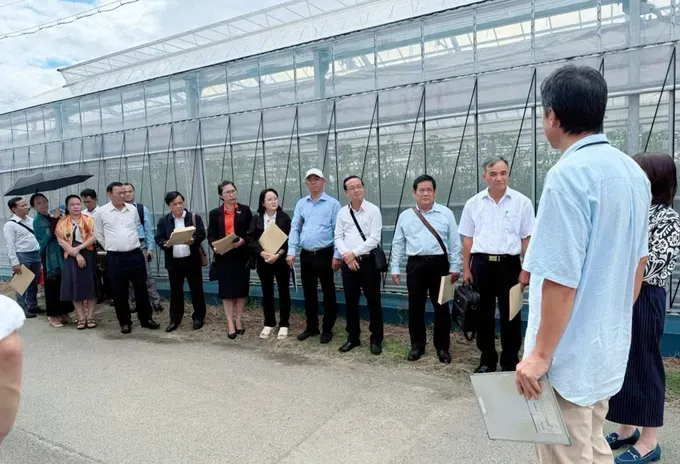
Next, the delegation visited Shiga Prefectural Agricultural College, established in April 1969 in Omihachiman City, Shiga Prefecture.
The college was founded with the mission to "develop farming capabilities through learning and practical experience." It serves as a training center for producing outstanding young farmers, future agricultural leaders of the prefecture, and offers “Agricultural Vocational Courses” that teach the essential skills and knowledge needed to start a career in farming.
Acknowledging the achievements and performance of the college, Vice Chairman of the Ho Chi Minh City People’s Committee, Bui Minh Thanh, extended his congratulations and expressed hope that the institution would collaborate with the city’s Department of Agriculture and Environment and the High-Tech Agricultural Zone Management Board to foster cooperation in technology transfer for clean agricultural production, ensuring food safety for the public, and promoting the development of the local agricultural sector.
